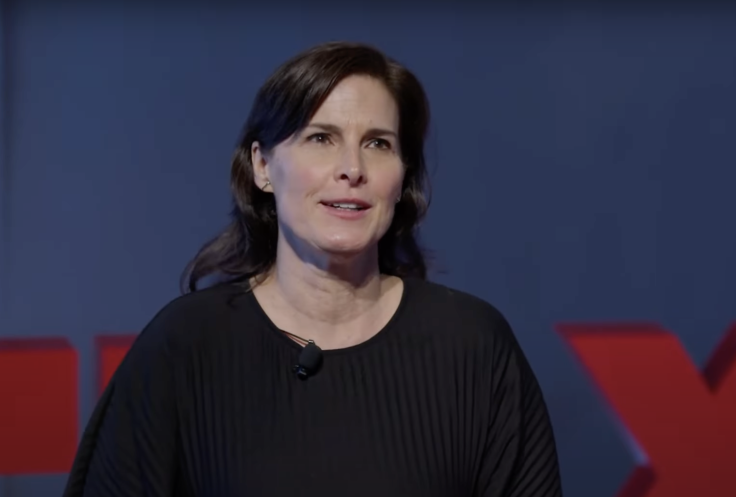The Ivy League university has inconsistently enforced the reforms intended to curb campus anti-Semitism

Columbia University’s new acting president, Claire Shipman, promised Friday to “continue” implementing the Trump-imposed reforms her predecessor agreed to in a bid to recover $430 million in slashed federal funding.
Shipman, a former ABC and CNN journalist, affirmed her dedication to combating campus anti-Semitism in a message to the Columbia community, calling the reforms “the right thing to do.”
“[T]he commitments the University made to address antisemitism, harassment, and discrimination, which were outlined on March 21, are now my commitments, and work is underway to continue their implementation,” Shipman said.
“We are not changing course. I believe the plans, many of which were already underway, are the right thing to do, and good for our institution. I’ve seen, firsthand, the devastating impact of antisemitism on our community. I also understand the pain of having our institution labeled this way. But that doesn’t mean we should shy away from addressing a very real problem,” she continued.
Shipman’s comments come as anti-Semitic protests continue to grip Columbia’s campus—and as the university inconsistently enforces its new policies. While Shipman said Columbia would “continue” implementing the reforms and described them as “already underway,” she didn’t address contradictions that arose ahead of Katrina Armstrong’s abrupt departure as interim president last Friday.
In the days after Armstrong announced the policy changes, which include restrictions on masking and consistent discipline, student agitators wearing face coverings protested the reforms unimpeded. Student Workers of Columbia, the university’s graduate student union, organized a rally “to protest Columbia’s newest repressive policies” and handed out masks. Columbia’s Palestine Solidarity Coalition, meanwhile, called on students to wear face coverings “to protest mask bans and the fascist trustees.”
And after Armstrong publicly committed to the policy reforms, she privately downplayed or denied those assurances in a private meeting with faculty. She resigned several days later.
Shipman, in her Friday address, signaled that Columbia is “proceeding, with integrity and care” in its negotiations with the federal government to reinstate research funding. She reassured the community that, until the funds are restored, the university will cover the salaries and stipends of those impacted and is actively considering “alternative funding mechanisms” to bridge the gap.
Shipman also put “rumors to rest,” saying that “no member of the leadership team or the Board of Trustees ever notified ICE about any members of our community.” Her statement directly addressed allegations from anti-Israel student activists who, on Wednesday afternoon, chained themselves to a campus gate. The group had assembled to demand the names of the trustees they accused of “collaborating” with the Trump administration to arrest Mahmoud Khalil, the former Columbia graduate student and foreign national apprehended by Immigration and Customs Enforcement last month.
Still, Columbia radicals are sure to test Shipman’s resolve. On Thursday, the university’s leading anti-Semitic group, Columbia University Apartheid Divest, welcomed the new acting president by vandalizing campus bathrooms with red paint and inverted Hamas triangles—symbols the terrorist organization uses to denote Israeli targets. They also branded Shipman as “AIPAC-backed” and plastered the stalls with flyers depicting a doctored image of her crawling out of a toilet, captioned, “Shitman! Shitman! We know you. You arrest your students too!”
Columbia did not respond to a request for comment.

















